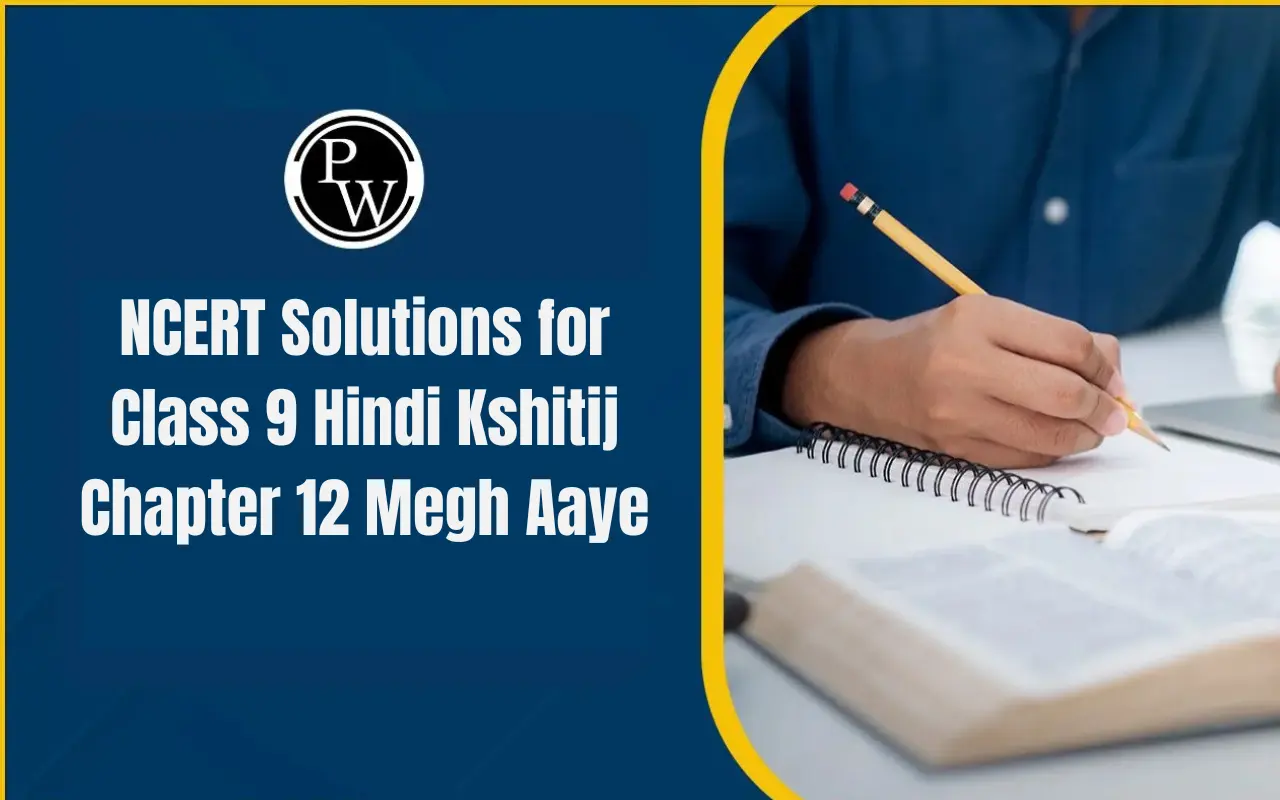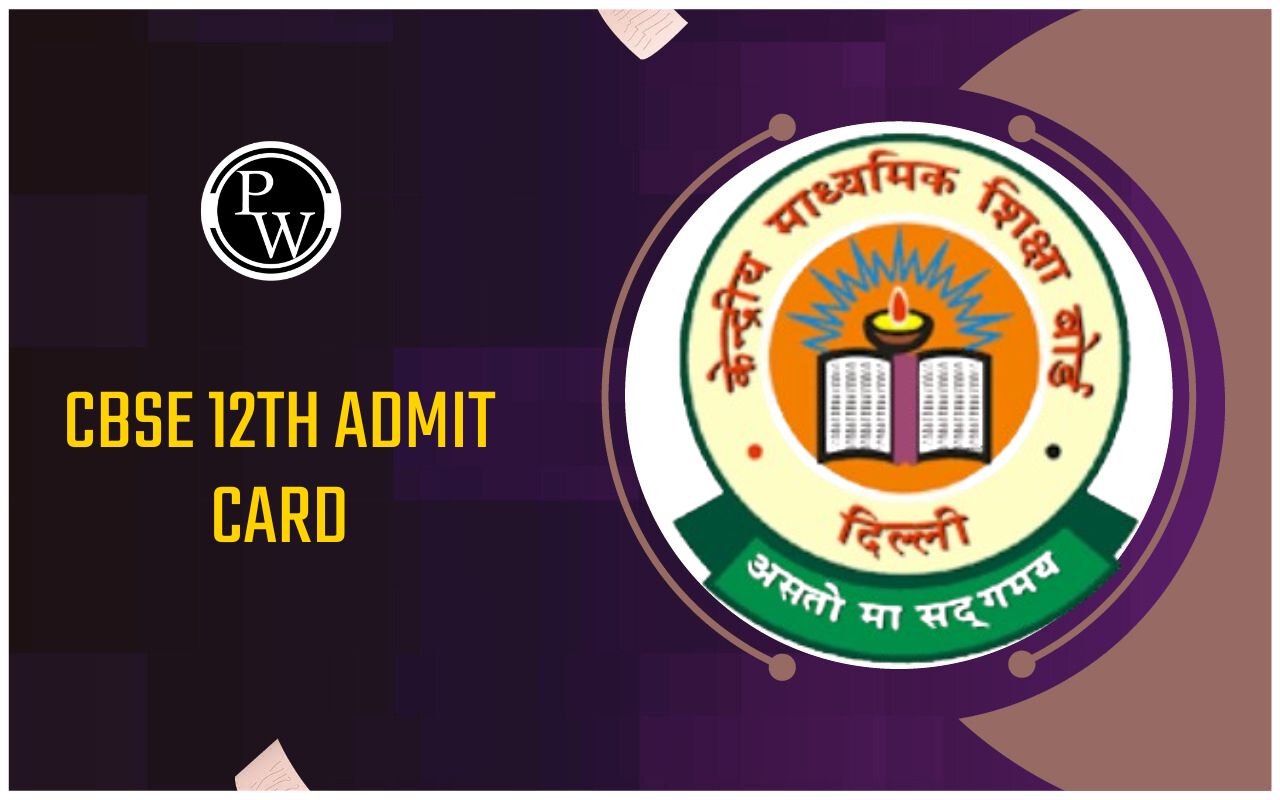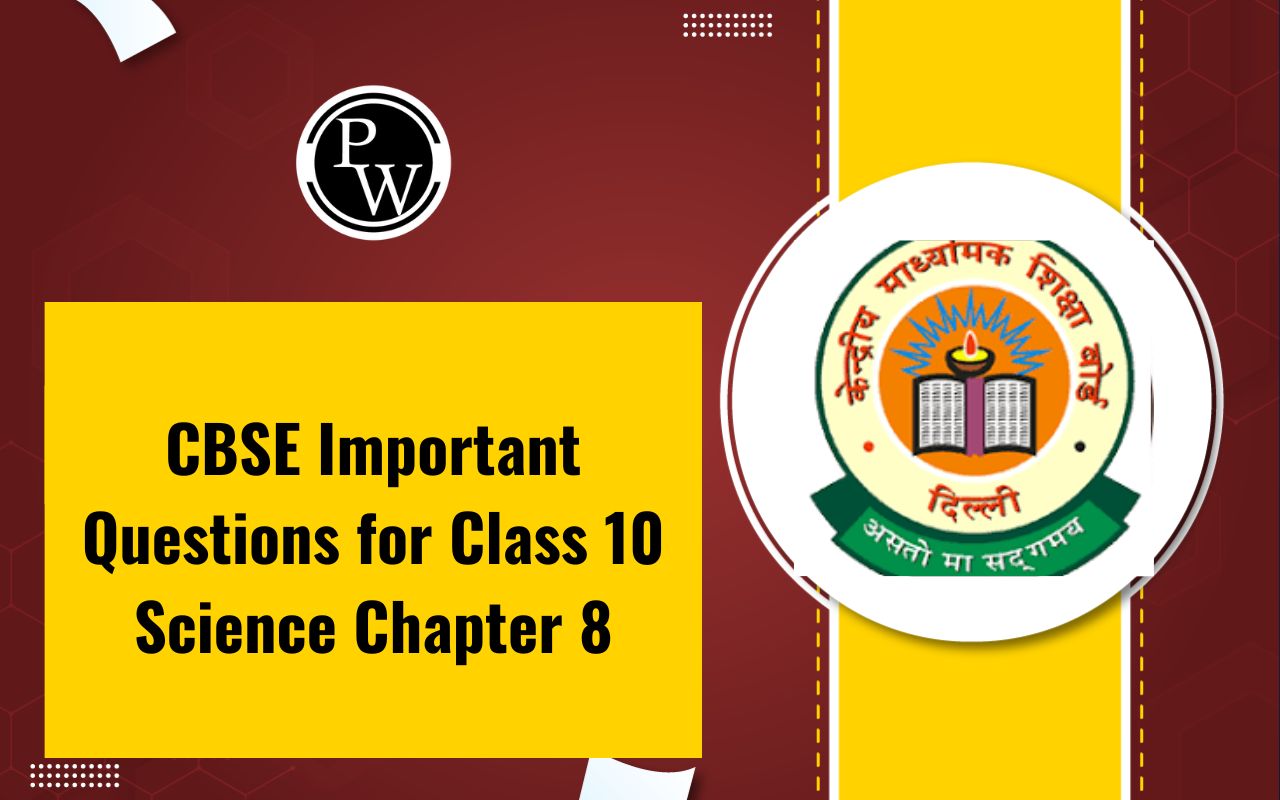
CBSE Plans Open Book Exams: The CBSE (Central Board of Secondary Education) is planning to introduce Open-Book Exams (OBE) for students in classes 9 to 12. This means students can refer to their textbooks during exams. The goal is to encourage critical thinking instead of just memorizing facts.
Right now, students in classes 10 and 12 are taking their board exams, which are super important. This year, over 39 lakh students from India and other countries are taking these exams. The Class 10 exams will end on March 13, 2024, and Class 12 exams on April 2. Last year, in 2023, a total of 38.82 lakh students appeared for the Class 10 and Class 12 board exams combined.CBSE Class 10 English Syllabus
CBSE Plans Open Book Exams for Class 9 to 12
CBSE is considering conducting a trial of open-book assessments in certain schools for classes IX to XII later this year, as per officials. The concept was discussed during the last governing body meeting of the Board in December 2023. However, Board officials clarified that there are no current plans to implement this format for class X and XII board exams. "CBSE is planning a pilot run of open-book assessments in selected schools, focusing on subjects such as Mathematics, English, and Science for classes 9 and 10, and English, Mathematics, and Biology for classes 11 and 12," officials stated.CBSE Class 10 Previous Year Question Papers
The goal is to see how long students take to finish these tests and get opinions from people involved. The plan follows suggestions from the National Curriculum Framework. These tests will have a trial run in schools to check different things like how long they take, if they work well for different types of assessments, and what people think about them, a top board official explained. In an open-book exam (OBE), students can bring their notes, textbooks, or other study materials and use them during the test.What is an Open book Exam?
Open-book tests are gaining popularity in academia as they offer a unique way of assessing students knowledge and skills. In an open-book test, students are permitted to use their textbooks and other study materials to locate answers to the questions. This approach to testing is believed to be more efficient in evaluating a student's comprehension of a subject, as well as their capability to locate and utilize information efficiently.
Why Open Book Exam?
Open book exams are being considered as a modern approach to assessment in the education system. Here's why they are being considered:Encourages Critical Thinking: Open book exams focus more on understanding and application rather than memorization. Students are encouraged to think critically, analyze information, and apply their knowledge to solve problems.
Real-world Skills: In the real world, people often have access to resources like books, the internet, and other references to find information. Open book exams simulate this scenario, preparing students for situations where they need to find and apply information efficiently.
Promotes Deeper Learning: Since students know they have access to reference materials during the exam, they are motivated to understand the concepts thoroughly rather than just memorizing facts. This promotes deeper learning and better retention of information.
Embracing Change: Traditionally, examinations have been seen as tests of memorization, where students cram information without truly grasping the concepts. However, the introduction of Open-Book Examinations (OBE) represents a shift, challenging students to understand subjects deeply and apply their knowledge practically.
Understanding Open-Book Examinations: Open-Book Examinations, proposed by CBSE, allow students to use textbooks, notes, and other materials during tests. This approach values resourcefulness and analytical thinking over rote memorization.
Promoting Higher-Order Thinking: OBEs assess higher-order skills like analysis, synthesis, and evaluation. Instead of memorizing, students must critically analyze and apply their understanding to solve complex problems.
Effective Preparation Strategies: Preparing for open-book exams requires understanding material thoroughly, organizing reference materials, and practicing time management.
Pilot Programs: CBSE plans pilot runs in selected schools for subjects like English, Mathematics, and Science (classes 9 and 10), and English, Mathematics, and Biology (classes 11 and 12). These programs will provide insights into OBE feasibility and effectiveness.
Collaborative Efforts: CBSE collaborates with institutions like Delhi University (DU) to gather feedback. This approach aims to create a modern learning environment that equips students for the challenges ahead.
CBSE Plans Open Book Exams FAQs
What is Open Book Exams (OBE) proposed by CBSE?
Why is CBSE introducing Open Book Exams for Class 9 to 12?
Which subjects and classes are targeted for the pilot run of Open Book Exams?
How will Open Book Exams benefit students?










